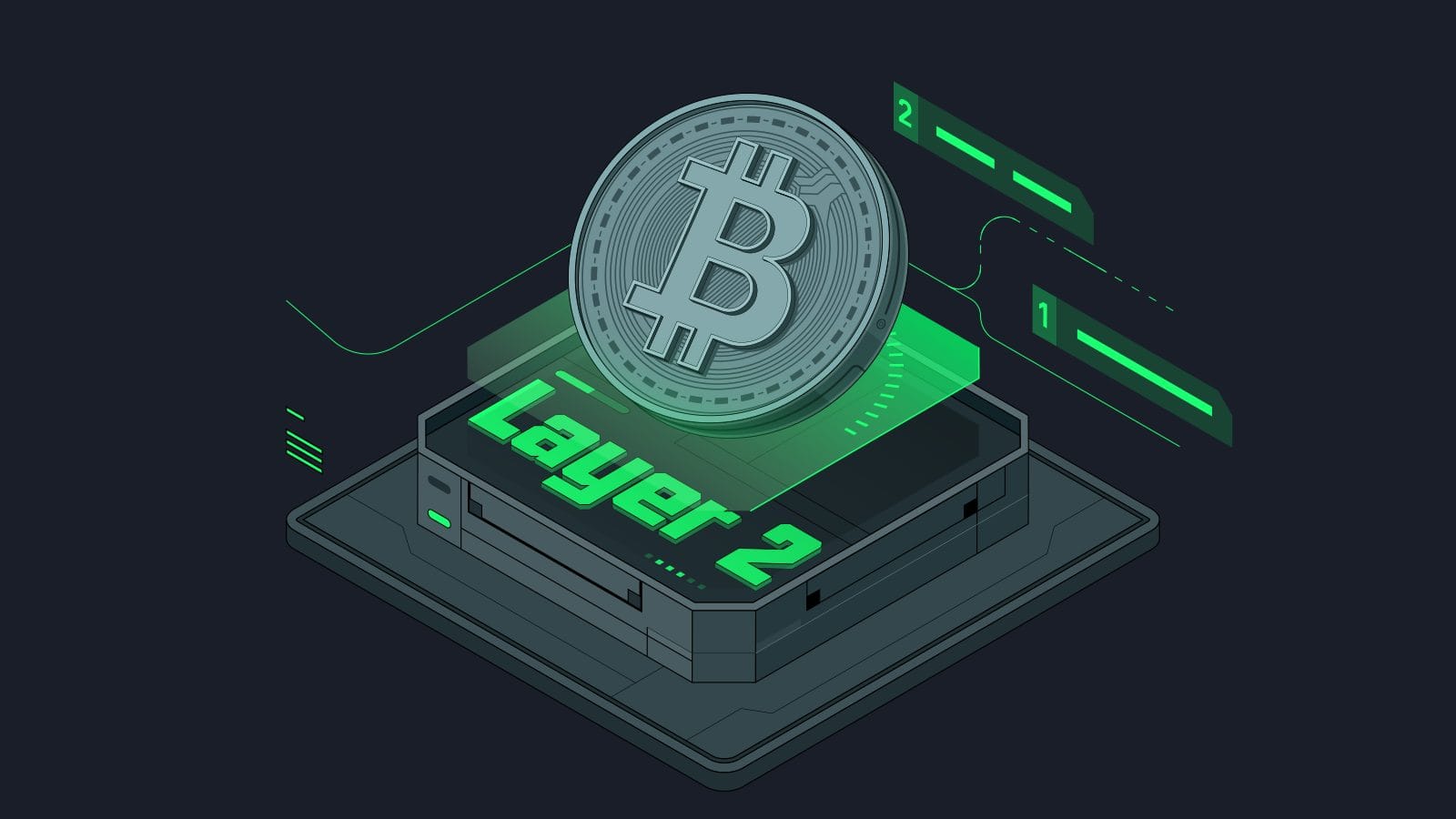Bitcoin L2 Faces Criticism from Mempool Founder Mononaut
Mononaut highlights the involvement of venture capital (VC) investors in Bitcoin's Layer 2 projects, as well as the issuance of proprietary tokens by these platforms. He argues that such arrangements introduce centralization pressures and undermine the fundamental principles of decentralization
Mononaut's main contention revolves around the absence of support for unilateral exit in Bitcoin's L2 solutions. Unilateral exit refers to the ability of users to withdraw their funds from a payment channel unilaterally, without requiring the cooperation of the counterparty. According to Mononaut, the lack of this feature undermines the decentralization and security of Bitcoin L2 infrastructure.
Mononaut highlights the involvement of venture capital (VC) investors in Bitcoin's Layer 2 projects, as well as the issuance of proprietary tokens by these platforms. He argues that such arrangements introduce centralization pressures and undermine the fundamental principles of decentralization that Bitcoin aims to uphold.
Mononaut points out that certain Bitcoin L2 solutions offer reciprocal rewards, incentivizing users to participate in the network. While this may seem beneficial on the surface, Mononaut warns that it could potentially lead to unintended consequences and distortions within the ecosystem.
Casey, the founder of Ordinals, shares Mononaut's concerns regarding Bitcoin L2 solutions. He emphasizes the reliance of these platforms on an upgradeable Ethereum contract and an Ethereum multisignature wallet. According to Casey, this reliance on Ethereum introduces dependencies and complexities that may compromise the robustness and security of Bitcoin's Layer 2 infrastructure.
The criticisms put forth by Mononaut and Casey underscore the ongoing debate within the cryptocurrency community regarding the optimal scalability solutions for Bitcoin. While Layer 2 solutions offer promising avenues for scaling Bitcoin's transaction throughput, they also raise important questions regarding decentralization, security, and interoperability.






